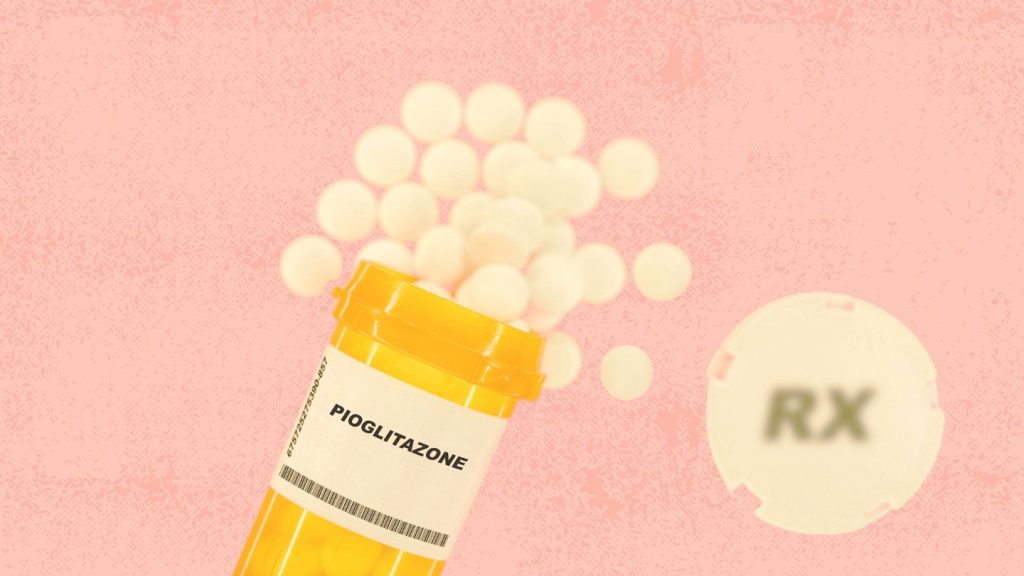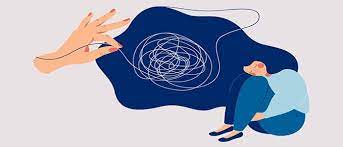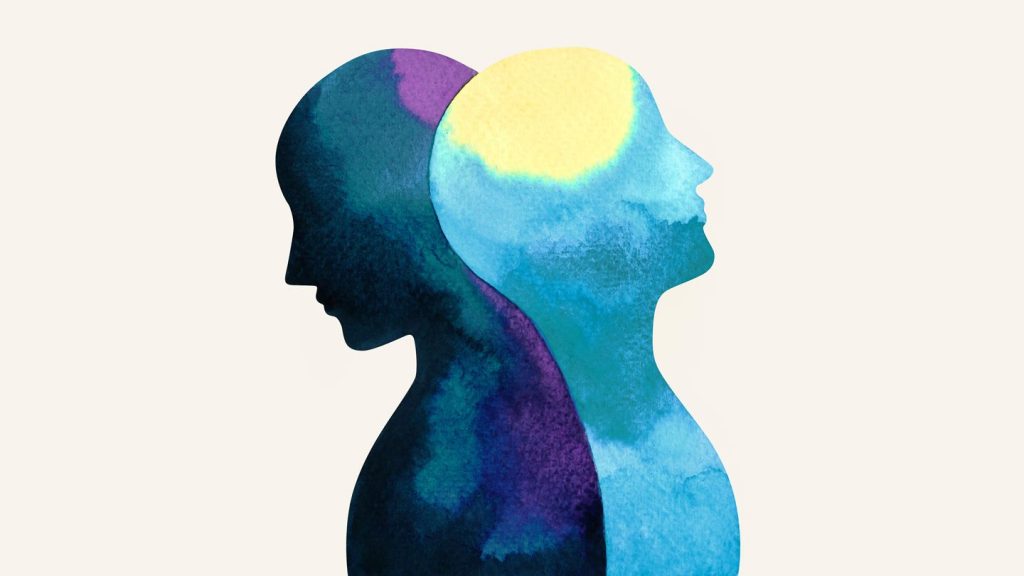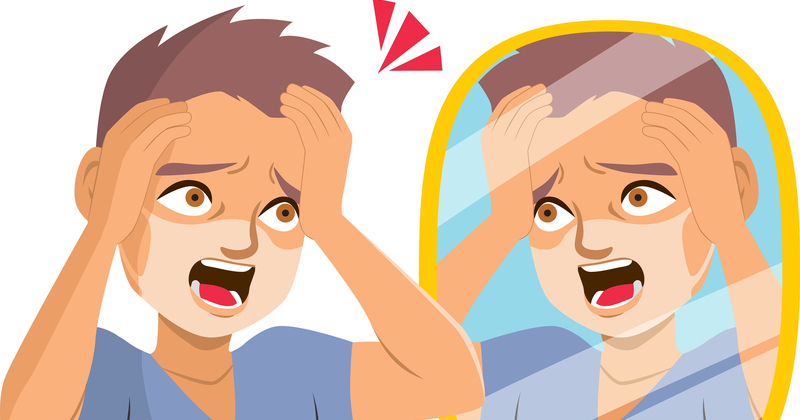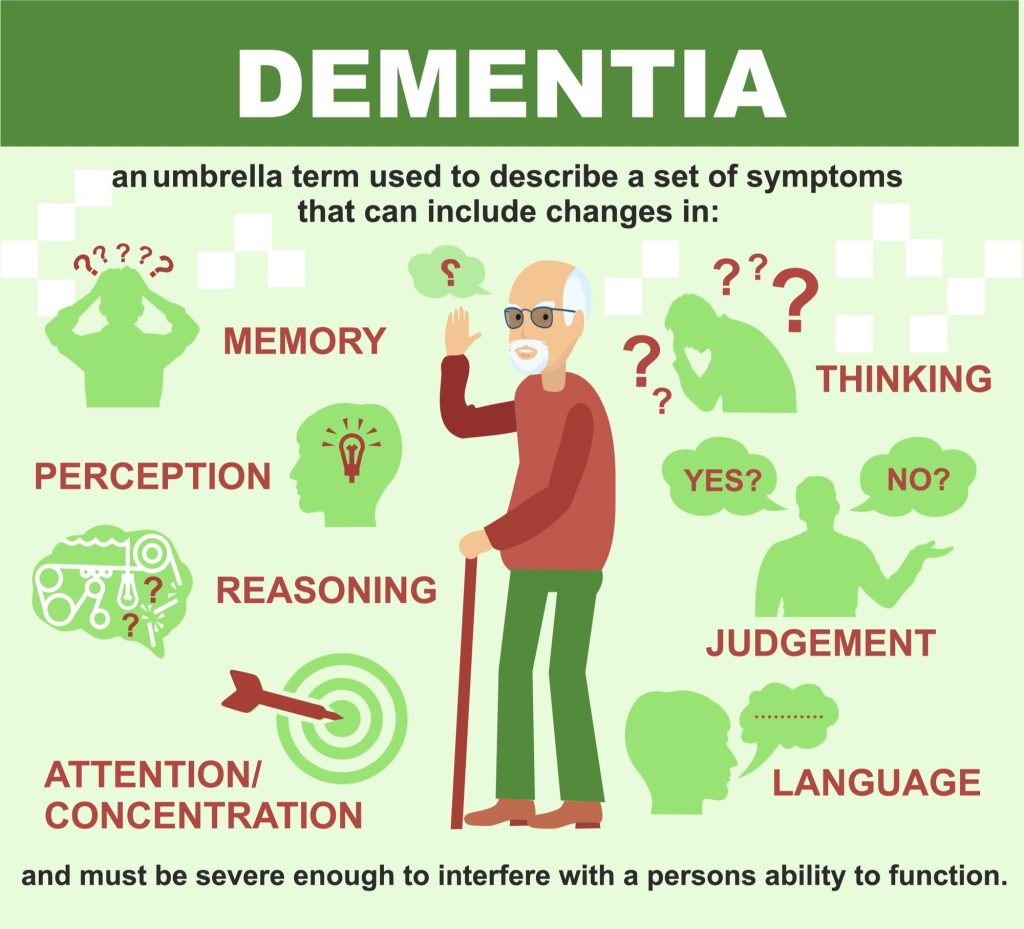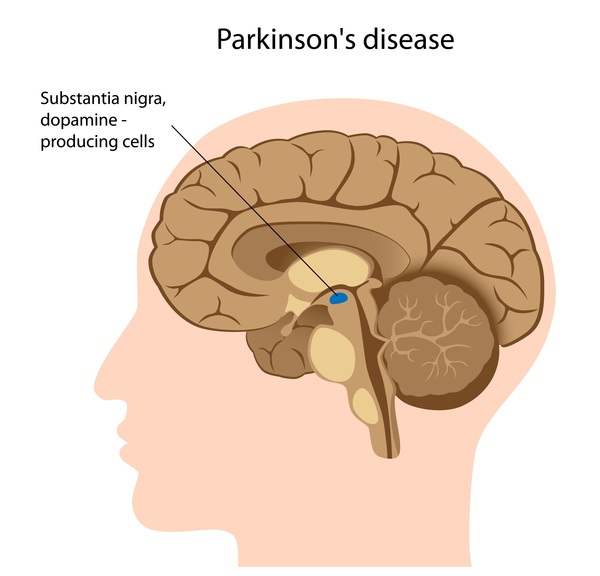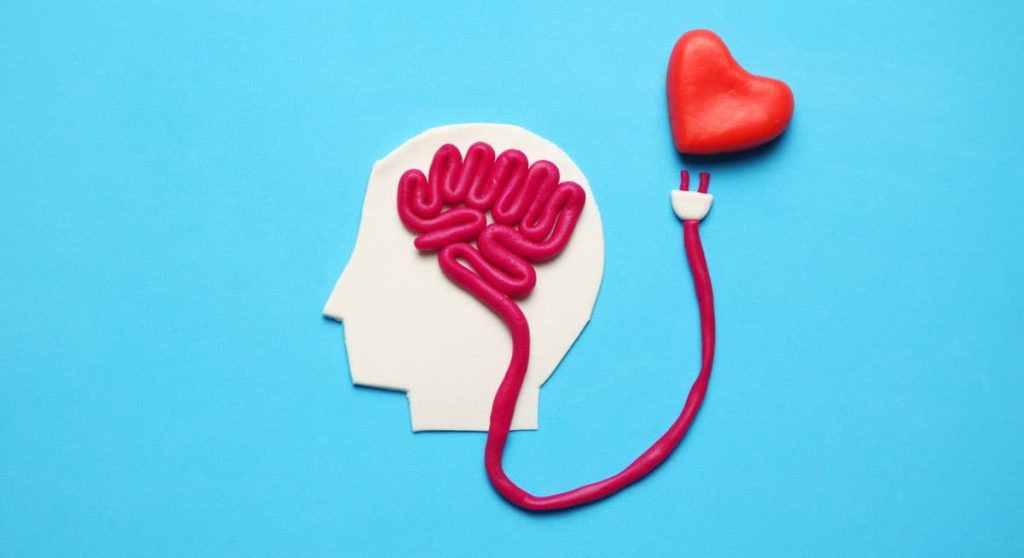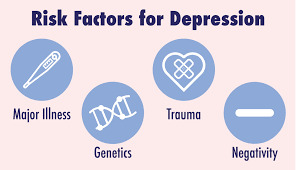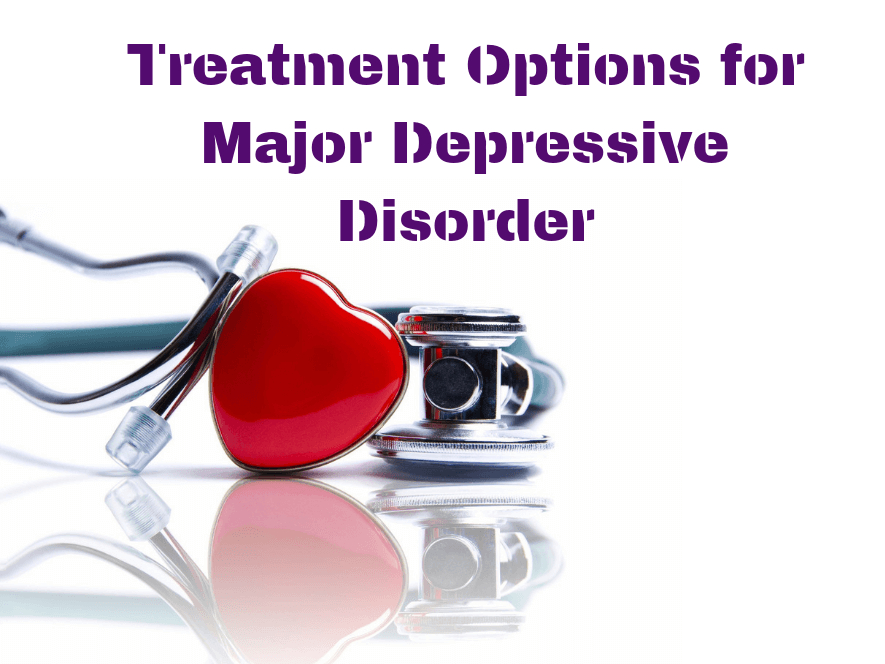Are Exercise helpful in managing parkinson’s symptoms.
According to the Parkinson’s Foundation, a charity that supports research and disseminates information about the condition, Parkinson’s disease is the second most prevalent neurological illness after Alzheimer’s disease.
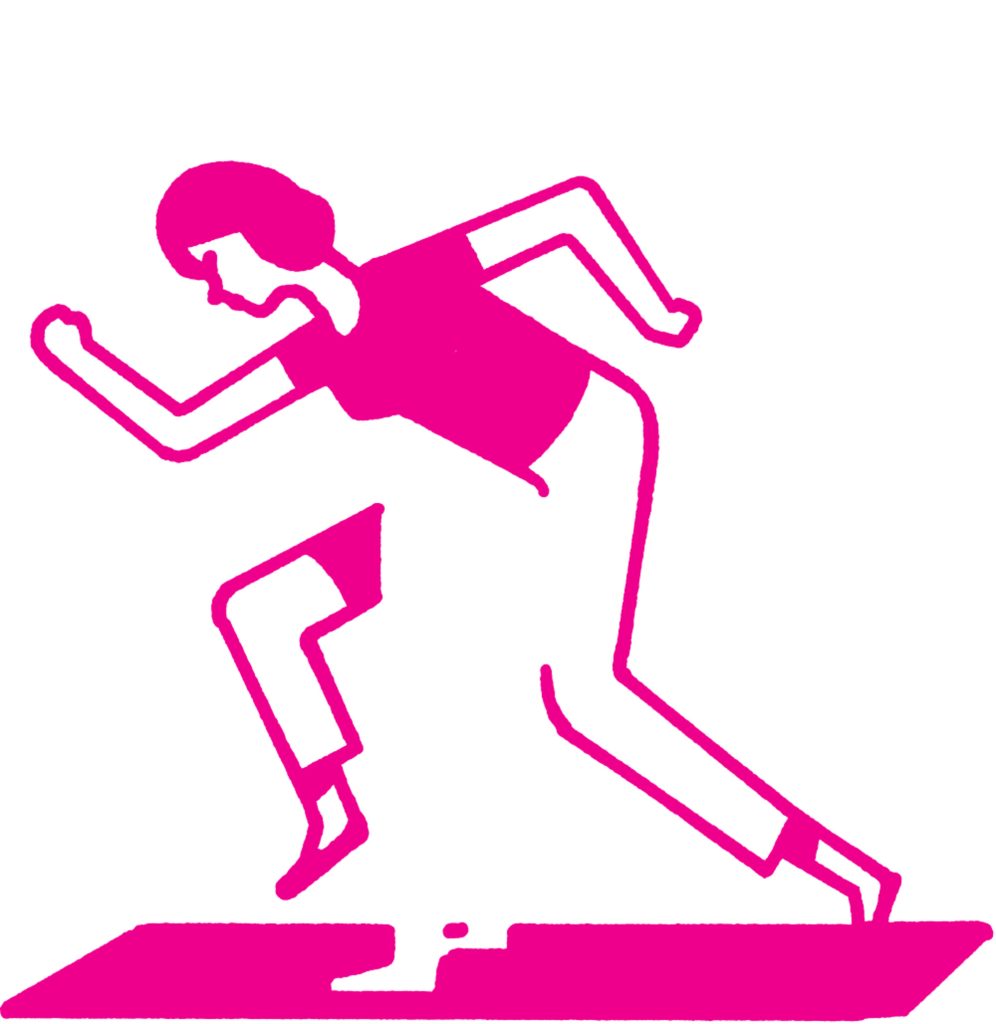
It is unclear to experts what causes Parkinson’s. Nonetheless, a lot of people think that a hereditary and environmental combination of factors may be to blame. Parkinson’s patients frequently have a decrease of dopaminergic neurons, or brain cells that produce dopamine, in the substantia nigra, a region of the brain.
In a recent study, researchers discovered that every year, roughly 90,000 Individuals 65 years of age or older are given a Parkinson’s disease diagnosis. In comparison to earlier projections, this is a 50% increase.
Symptoms of Parkinson’s disease
Typical signs of Parkinson’s disease include:
- tremors
- slow motion
- limb rigidity
- balance and gait issues.
Parkinson’s disease can be treated with drugs and surgery even though there is presently no cure. Experts concur that altering one’s lifestyle may be beneficial.
Recently, the Cochrane Database of Systematic Reviews published a systemic review and network meta-analysis on the advantages of Parkinson’s patients engaging in exercise routines to manage the condition.
Exercise as treatment
Exercise has been regarded by specialists as a type of treatment for people with Parkinson’s disease for more than 60 years.
The Parkinson’s Outcomes Study, a clinical trial of over 13,000 Parkinson’s patients from five different countries that was started in 2009, discovered that engaging in at least 2.5 hours of exercise per week can reduce the disease’s impact on a person’s quality of life.
Further research is being done to understand the mechanisms through which exercise benefits people with Parkinson’s.
For instance, a 2022 study discovered that a hormone released during exercise lowers the amounts of a protein responsible for the symptoms of Parkinson’s disease.
Different types of exercise
The goal of this systematic review and network meta-analysis was to assess how various forms of physical activity affected persons with Parkinson’s disease.
The studies that were considered as part of the analysis focused on the advantages of exercise regimens that the researchers categorised into ten, more general categories, including:
- dance
- an aquatic workout
- gait, equilibrium, and functional training
- multi-domain instruction
- mind-body conditioning
- endurance exercises
- flexibility exercises
- resistance and strength training
- gaming
- Parkinson’s patients that participate in the physical therapy programme LSVT BIG learn to move their bodies more easily.
According to Dr. Giselle Petzinger, a neurologist and associate professor of neurology at the Keck School of Medicine at the University of Southern California, “they really did try to cover, I think, truly the gamut of the different types of activities.” She wasn’t a part of this study.
She continued, “I think the breadth is quite broad. The effects of these various forms of exercise on motor symptoms and quality of life were examined by the researchers. They also looked at the negative outcomes that various study investigators reported.
Studies selected for research
Starting with trial registries, conference proceedings, reference lists of identified studies, and eight databases (including Embase), the researchers conducted a systematic search for articles. This search covered the period from May 2021.
RCTs were a part of the systemic review conducted by the researchers. They examined the effectiveness of several forms of organised physical activity for Parkinson’s disease in adults by contrasting them with one another, a control group, or both.
In the end, the researchers enrolled 7,939 people from 156 RCTs, the majority of whom had mild to severe Parkinson’s disease but no significant cognitive impairment.
The trials included a median of 51 participants. The included studies were carried out in a variety of nations, but the nation with the greatest number of included cases was the United States.
Analysis of the effects of exercise
Network meta-analysis, which is defined as “a meta-analysis in which multiple treatments (that is, three or more) are being compared using both direct comparisons of interventions within randomised controlled trials and indirect comparisons across trials based on a common comparator,” was used by researchers to analyse the effects of the exercises.
The investigation specifically looked at how different types of exercise affected the severity of motor symptoms and quality of life. The negative consequences of exercise were also examined.
On 71 trials with 3,196 people that assessed the severity of motor symptoms and on 55 trials with 3,283 participants that assessed quality of life, network meta-analyses were performed. 5192 participants and 85 studies provided safety information.
Beneficial effects of exercise
The Unified Parkinson Disease Rating Scale (UPDRS)-M scores are used by the researchers to express the effects of various forms of exercise on the severity of motor symptoms in Parkinson’s patients.
The following is evidence from network meta-analyses on the effect of various types of exercise on the severity of motor signs:
- Dance may have a mildly positive effect, according to the findings.
- Evidence suggests that aqua-based exercise “may have a moderately positive effect.”
- Gait, balance, and functional exercise may “may have a moderately positive effect,” according to the data.
- Evidence indicates that multi-domain training “may have a moderate favourable effect.”
- Evidence indicates that mind-body training “may have a small beneficial effect”
- Data suggests that endurance training “may have a slight beneficial effect.”
- Training your flexibility may “have a modest or no effect,” according to the evidence.
- Evidence for strength/resistance training is somewhat speculative.
- LSVT BIG: Evidence is highly speculative.
The Parkinson’s Disease Questionnaire scores were used by the researchers to categorise the impact of various forms of exercise on people with Parkinson’s quality of life.
They discovered what follows:
- Evidence suggests that aquatic training “probably has a considerable beneficial effect.”
- Evidence suggests that endurance training “may have a moderate favourable effect.”
- According to the available data, functional exercise “may have a small beneficial effect” on gait and balance.
- Evidence suggests that multi-domain training “may have a slight favourable effect.”
- Evidence for mind-body training is highly speculative.
- gaming: extremely shaky evidence
- Strength-resistance training: Very unclear evidence
- Dance: pretty shaky evidence
- LSVT BIG: Very shaky evidence
- Evidence for flexibility training is highly speculative.
Just 85 of the chosen studies offered any sort of safety information. In 40 of the RCTs that were examined, no negative occurrences happened. 28 studies did find adverse effects.
Participants in 18 research reported having fallen, and 10 studies said they had hurt themselves. The results of the analysis stated that the “impact of physical activity on the risk of adverse events” is “extremely questionable” in light of the accumulated information.
The researchers did highlight that there was not much data to suggest that the various types of exercise had varied detrimental consequences.
REFEENCES:
- https://www.medicalnewstoday.com/articles/why-do-my-teeth-hurt-2
- https://www.hopkinsmedicine.org/health/conditions-and-diseases/parkinsons-disease/fighting-parkinson-disease-with-exercise-and-diet
- https://flatheadvalleyparkinsons.com/parkinsons-most-forms-of-exercise-equally-helpful-in-managing-symptoms/
For more details, kindly visit below.
